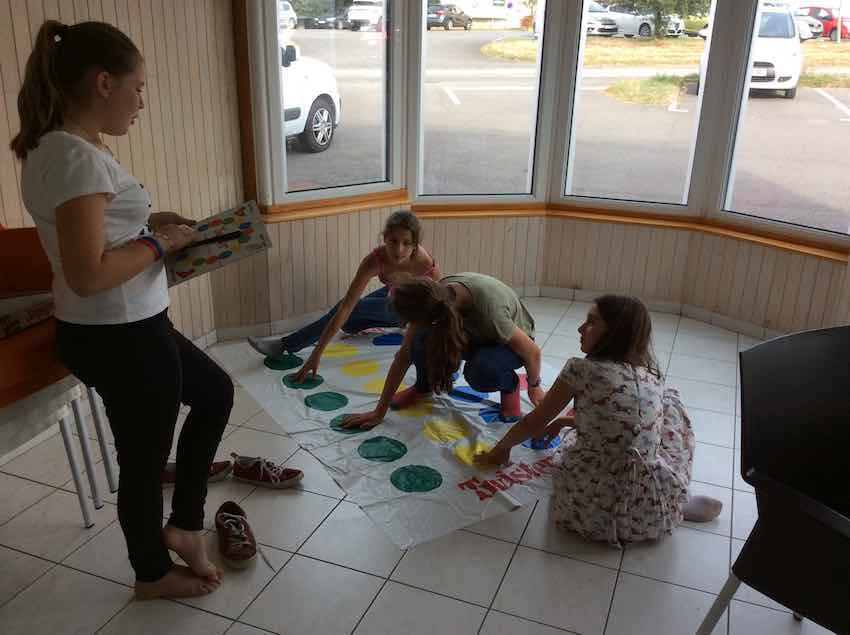

Expand vocabulary
- Matching games: they are a great way to increase English vocabulary and logic. And they work on so many levels, you can have your students match words with pictures, definitions, translations, synonyms, opposites…
- Flashcards: use them to associate a word and a picture, which will then allow the students to understand what the word means. Have them repeat the words for a bit, and then play “find the pair”. It is a great way to get kids active and motivated to learn new vocabulary.
- Word games (such as word searches, scrambled words, crosswords): another great way of letting kids play with words, and have them learn whilst having fun. There are tons of websites to make them just the way you want in less time!
- Bingo: ideal when you have a group of students. It involves listening, reading, comparing, and the game component of it is very stimulating for young learners. It is ideal for numbers, or vocabulary around celebrations like Halloween, Easter, Christmas…
Develop comprehension
- Brainstorming: have students read or listen to the document, write words or things they picked out on the board and have them make hypotheses on what the document could be about. Then, read or listen again to further comprehension. This allows kids to use their imagination and deductive skills without being too guided by the teacher.
- Written comprehension: highlight known words and try to make connections. Same objective as the previous exercise, with the advantage that it also reinforces confidence as your students will see that even if they don't understand everything, they still have abilities. Also train them to read the paratext (author, title, date, source) which can further their understanding of said document.
- Oral comprehension: go step by step, pick out the number of voices, type of document, and then when it is time to work on the content, you can give them labels to put in order as they listen, or the script with blanks to fill.
English Expressions
- Before you ask your students to form complete sentences, they need to practice with easy and repetitive structures and half written sentences (example: I would like to…; I think that …; I like ….). You can turn it into a game: talk about your hobbies or describe things you see in the room, using a repetitive pattern that students will adapt. This allows them to integrate common structures and their use whilst still expressing individuality.
English Phonology
- Train the ear with songs and videos as often as possible, to listen to intonation, accent, pronunciation. Use these materials for practice. It helps a lot to repeat sounds and words to sound more authentic.
- Organize small plays and dialogues that your students can act, practice, rehearse, and it will also build team play whilst having fun.
English Grammar
- Exercises with blanks and words to fill in: some students will love these as they provide them with a sense of safety. They feel guided and reassured as it always involves the same skills.
- Colored flashcards: for others, grammar is an ordeal. They can't seem to understand what goes where and why. Colored flashcards with words can help these students. You can use blue cards for subjects, red for verbs, green for auxiliaries, pink for complements, purple for conjunctions, … This helps in understanding the different types of words, and then, they can manipulate, put in order, and form a lot of sentences. The colored cards involve several skills (visual, kinesthetic, analytical) and suits most children as they learn to structure a message through play.
Cultural knowledge
- Web quests: have your students find information on their own by giving them a trail to follow. This should tease their curiosity and reinforce autonomy.
- Movies: despite being fictional, many movies reflect society in some way. They are a great way to entertain and make students react and interact.
To sum it up, there are plenty of ways to help your English students learn in a fun way, keeping them stimulated, engaged, active and motivated. The key is not to neglect any skills, because that is what will make your students more proficient. You can find tons of resources online for ESL teachers, such as apps, games, and sharing communities or platforms. Google is a gold mine for teachers, don't be afraid to dig in!








